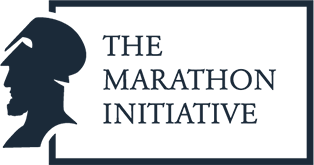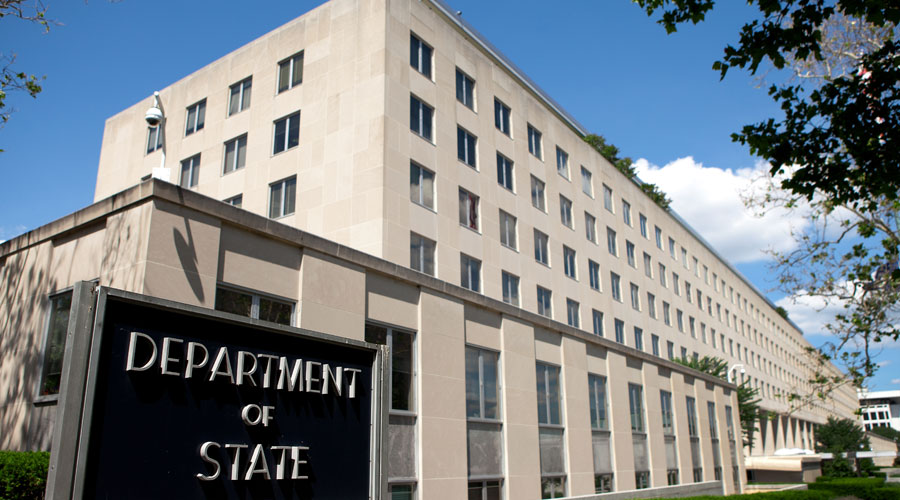

Edward Luttwak
Dr. Edward N. Luttwak is a Distinguished Adjunct Fellow at The Marathon Initiative, a policy initiative focused on developing strategies to prepare the United States for an era of sustained great power competition.
Previously, Luttwak has served on U.S. presidential transition teams, testified before committees of the U.S. House of Representatives and the Senate, and has advised the U.S. Department of Defense, the U.S. Department of State, the U.S. National Security Council, the White House Chief of Staff, and several allied governments, including Japan.
Luttwak is the author of several books, including Coup d’état: A Practical Handbook (Penguin, 1968), which derived from his work as a London-based oil consultant; The Israeli Army, with Dan Horowitz (Allen Lane, 1975); The Grand Strategy of the Roman Empire (Johns Hopkins University Press, 1976), which derived from his Ph. D. dissertation; The Pentagon and The Art Of War: The Question Of Military Reform (Simon & Schuster, 1985), which was a cited source of the 1986 Defense Reorganization Act; Strategy: The Logic of War and Peace (Belknap Press of Harvard University Press, 1987), which is widely assigned in professional military education programs; Turbo-Capitalism: Winners and Losers in the Global Economy (HarperCollins, 1999), which introduced the concept of geo-economics, the logic of war in the grammar of commerce; The Grand Strategy of the Byzantine Empire (Belknap Press of Harvard University Press, 2009); and, most recently, The Rise of China vs. The Logic of Strategy (Belknap Press of Harvard University Press, 2012), which derived from a study for the U.S. Government. His books have been published in Arabic, Bahasa Indonesia, Danish, Dutch, Estonian, Finnish, French, German, Greek, Hebrew, Italian, Japanese, Korean, Mandarin Mongolian, Norwegian, Polish, Portuguese Lisbon, Portuguese São Paulo, Romanian, Russian, Spanish, and Turkish.
Luttwak was born in Arad, Romania and raised in Italy and England. He is an alumnus of London School of Economics (B.S.) and Johns Hopkins University (Ph.D.). From 1967-1972, he was a volunteer and then military contractor for the Israel Defense Forces. In 1975, he was retained as a strategic consultant to the immediate Office of the Secretary of Defense under James R. Schlesinger. Luttwak was made a U.S. citizen by Act of Congress, H.R. 2550, 95th Congress, January 26, 1977.
Luttwak established and supervises a conservation ranch in the Bolivian Amazon. He lives in Chevy Chase, Maryland.
Work

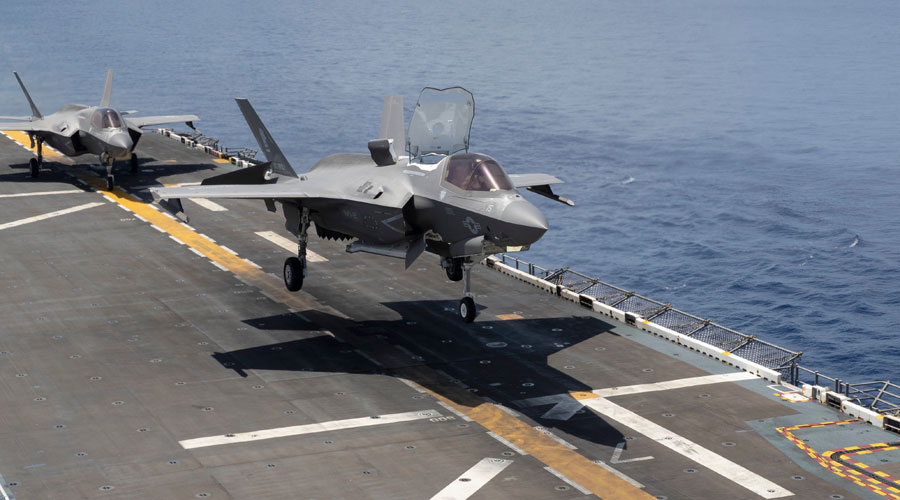
America is overextended. Here’s a better way forward.
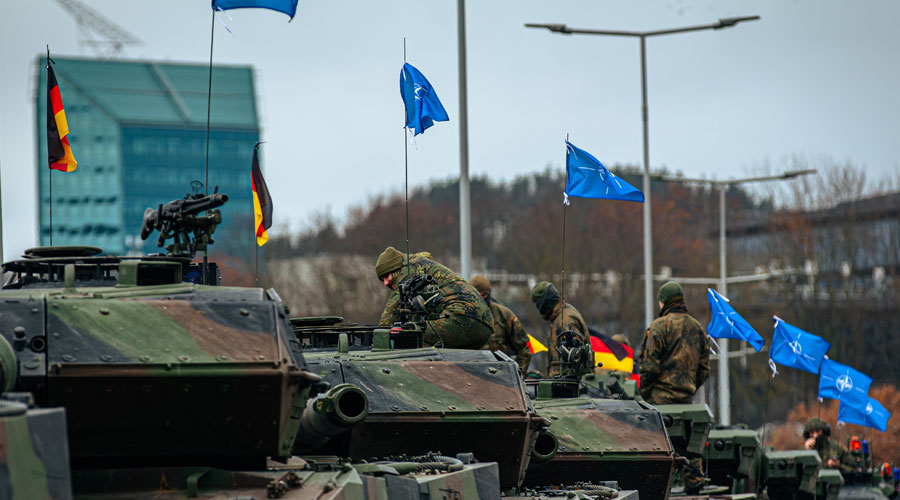
Wess Mitchell Quoted in The New Yorker

The Return of Great-Power Diplomacy: How Strategic Dealmaking Can Fortify American Power
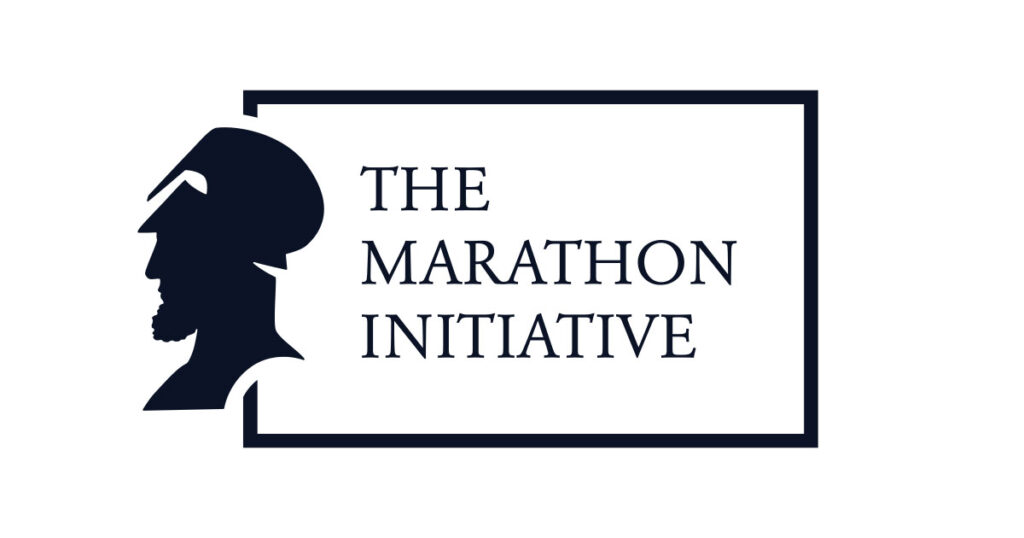
Strategic Sequencing, Revisited
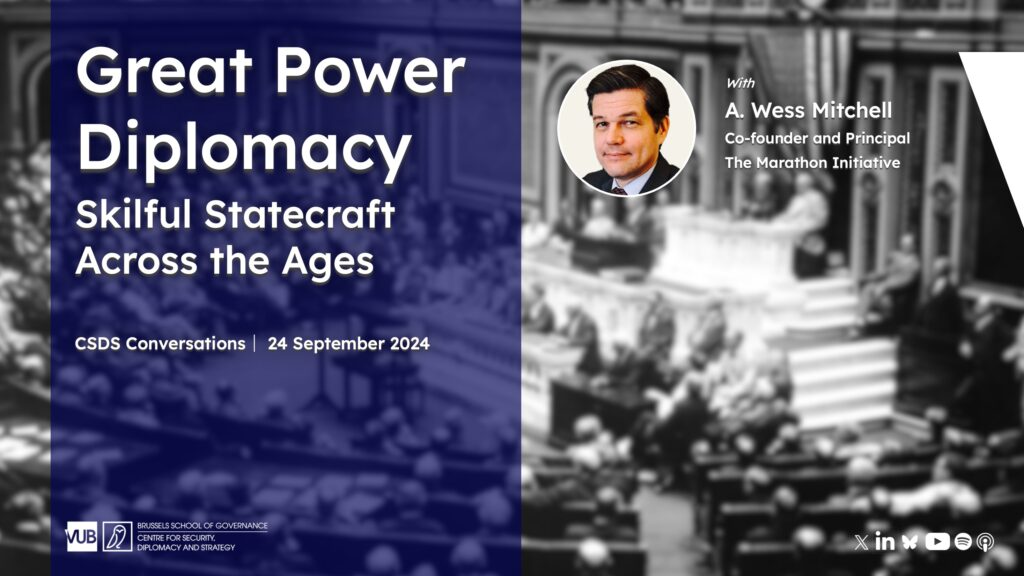
CSDS Brussels: Roundtable
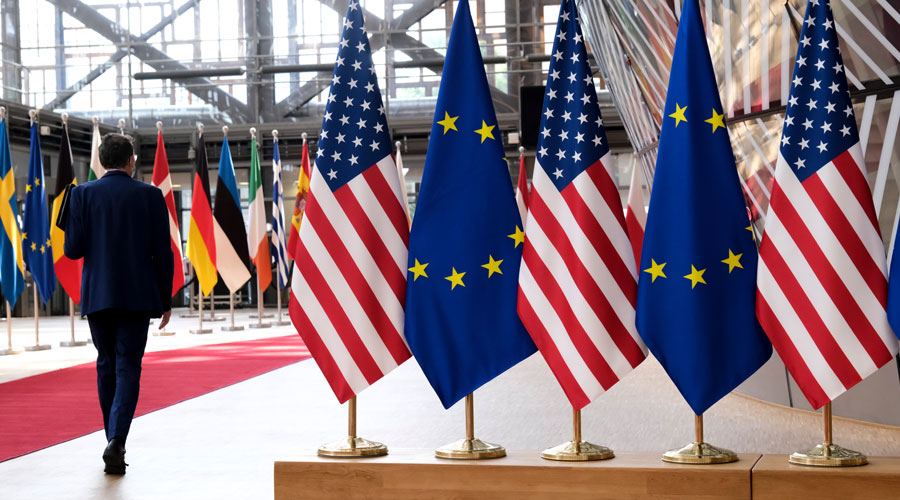
How Biden Let Europe Slip Away

Interview: Asahi Shimbun
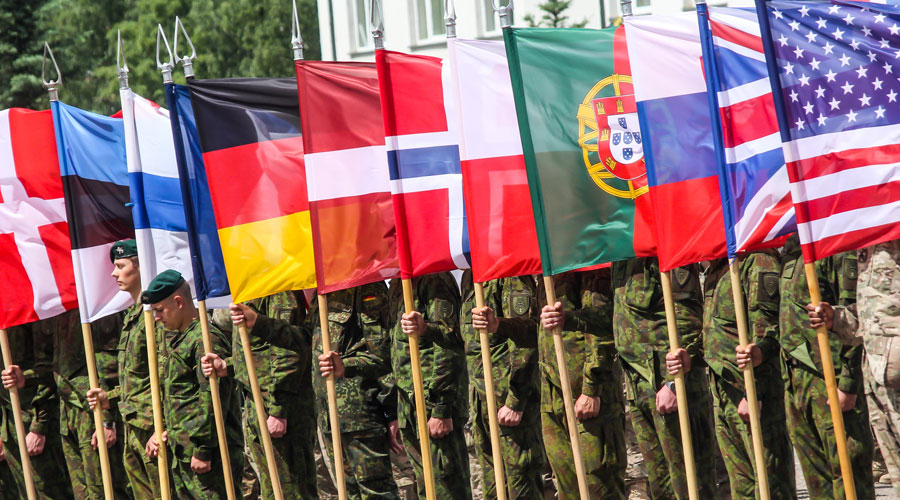
U.S. Strategy Should Be Europe First, Then Asia

The Geopolitical Opportunity of Ukraine’s Kursk Offensive
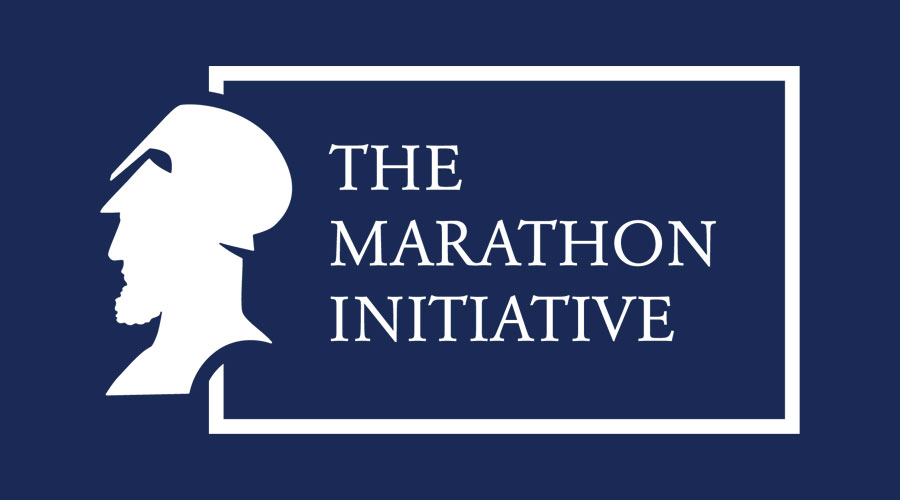
China’s “New” Diplomacy: Opportunities for American Statecraft

5 Rules for Superpowers Facing Multiple Conflicts
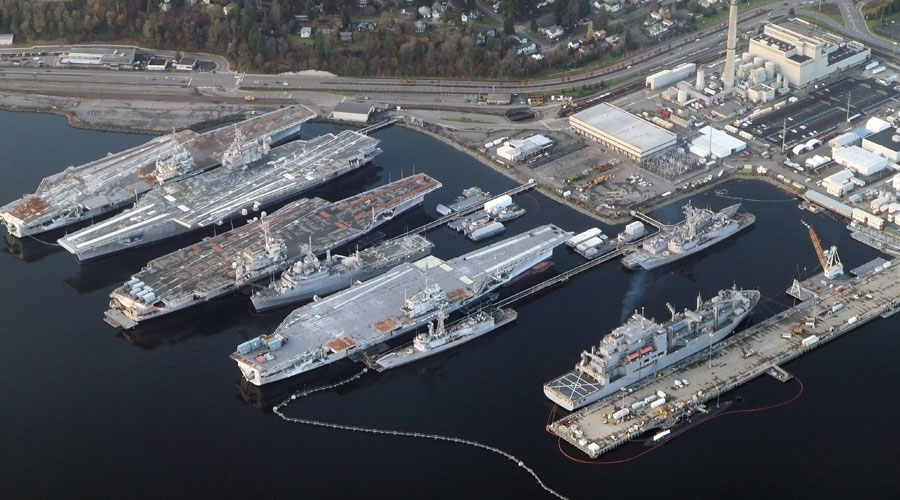
America Is a Heartbeat Away From a War It Could Lose

27th Annual Economist Government Roundtable – Keynote Remarks
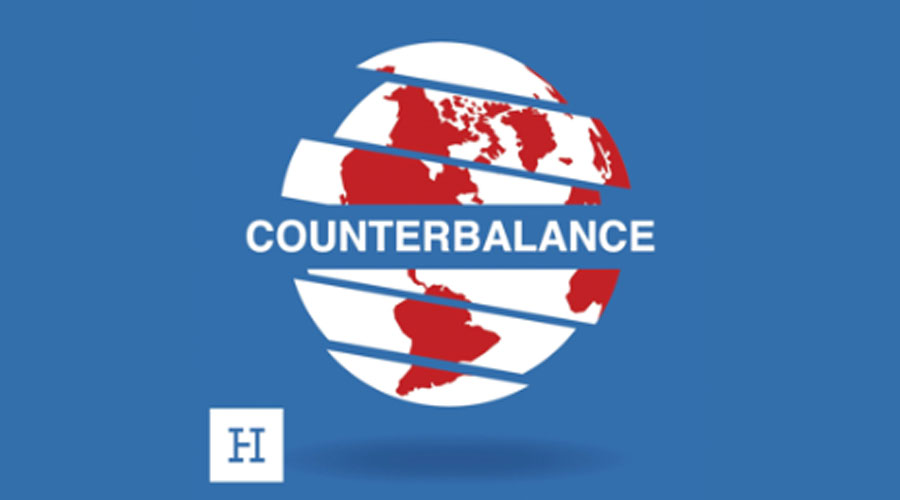
Ukraine, Taiwan, and the Dawn of Great Power Competition
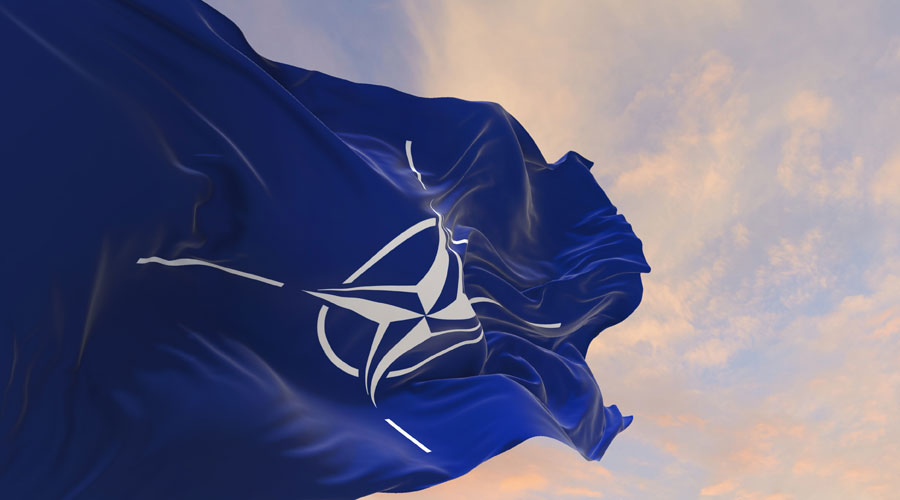
NATO’s Next Decade: Nine thinkers assess the alliance’s future ahead of a historic summit.
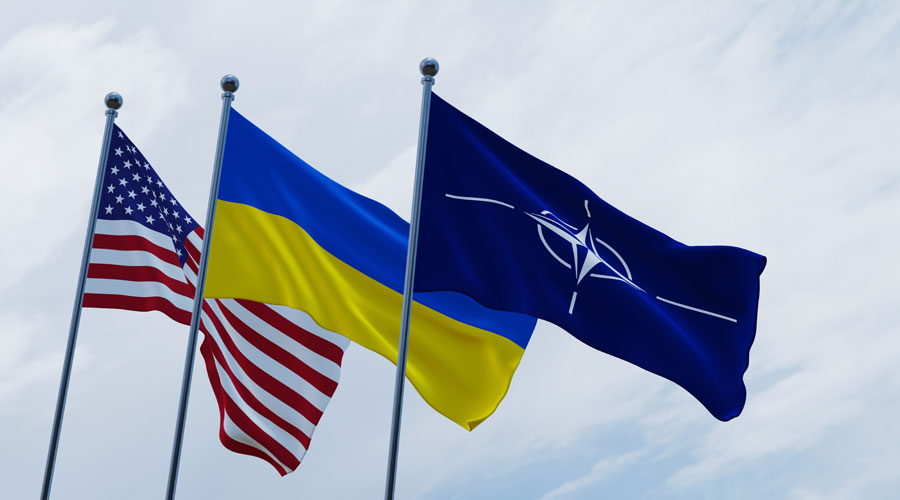
Western Europe Is Still Falling Short in NATO’s East
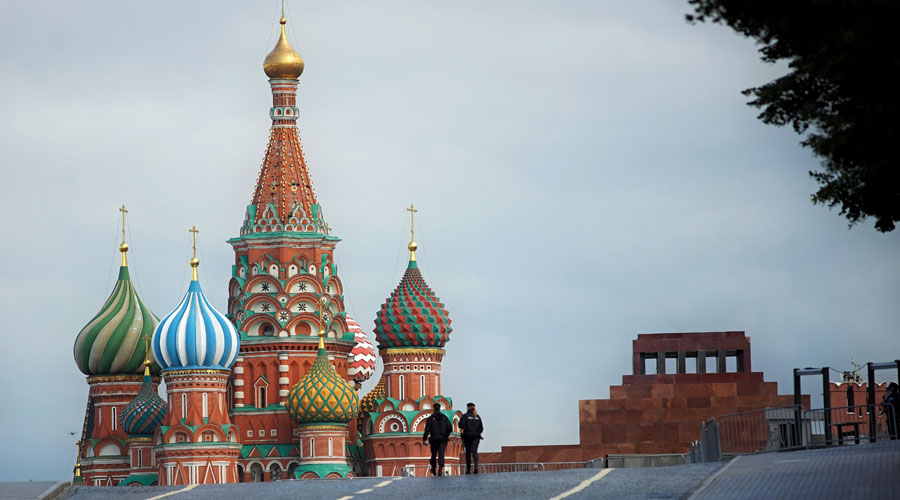
Wess Mitchell Quoted in Bloomberg

Getting Strategic Deprioritization Right
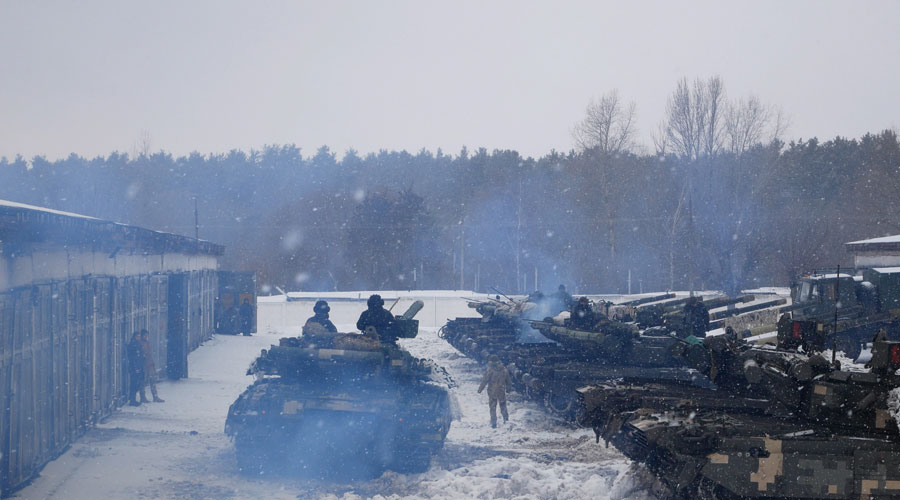
A Drawn-Out Ukraine War Should Not Change U.S. Strategy
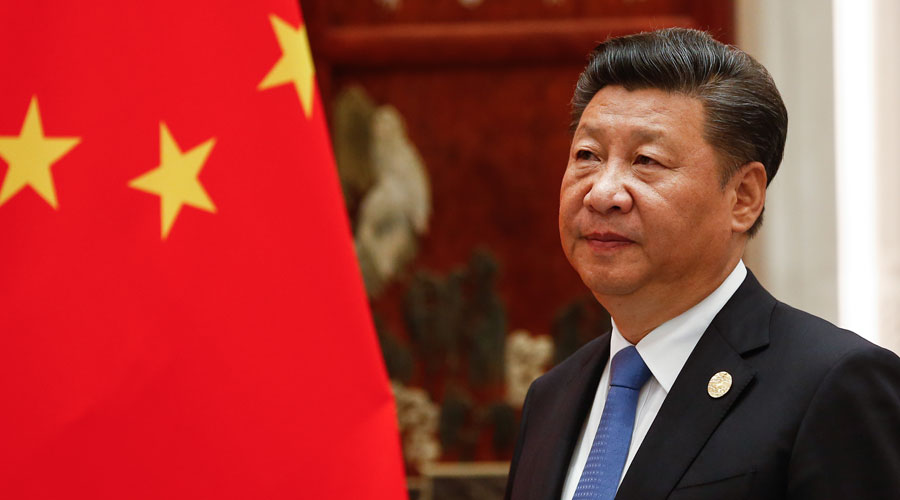
Why Biden’s China Reset Is a Bad Idea

‘The Twilight Struggle’ Review: Welcome to the New Cold War

Wess Mitchell Interviewed on WBUR

The Case for Ukrainian Neutrality

To Prevent China from Grabbing Taiwan, Stop Russia in Ukraine

Putin United the West—but Now Comes the Hard Part

The U.S. Isn’t Going to Fight in Ukraine, But There’s Much More It Can Do to Help

Wess Mitchell Interviewed in Limes (Italy)

Wess Mitchell Interviewed in Echo24

Wess Mitchell Interviewed on Sveriges Radio

For America, Putin’s Invasion Is a Strategic Opportunity

Wess Mitchell Interviewed on Sky News

Wess Mitchell Interviewed on Global Demons (FPRI)

Wess Mitchell Interviewed by The Reagan Institute

A Habsburg to Be Reckoned With: Two Books on Maria Theresa

Biden’s Climate Diplomacy Is a Gift to China

Mastering the Multi-Front Challenge: The Diplomatic Strategies of Metternich and Bismarck

Wess Mitchell Quoted in The Economist

Wess Mitchell Quoted in Bloomberg

A Strategy for Avoiding Two-Front War

Biden Is Falling Into the Same Trap With Europe as Obama

Wess Mitchell testifies before the House Foreign Affairs Committee on NATO 2030

The Curzonian imprint on Indian foreign policy

With Donald Trump gone, NATO is plotting its future

Trump, Biden und Europa: Geopolitik, Lastenverteilung und Stil

Wess Mitchell Featured in Reservistenverband

Panel: Konrad Adenauer Stiftung – Wess Mitchell

Wess Mitchell Quoted in Bloomberg

Wess Mitchell Interviewed in Small Wars Journal

Biden Team’s Embrace of Europe Falls Short on Content

NATO: India’s Next Geopolitical Destination

NATO Needs to Deal With China Head-On

Key Republican Lessons for Biden’s Global Agenda

NATO Must Adapt for a Dangerous New Era

Panel: Deutsche Gesellschaft für Auswärtige Politik e.V. – Wess Mitchell

Panel: Wilson Center – Wess Mitchell

Wess Mitchell Quoted in The Wall Street Journal

Panel: Center for a New American Security – Wess Mitchell

Panel: Center for European Policy Analysis – Wess Mitchell

Under what conditions will we open to Russia

Wess Mitchell Quoted in Washington Post

Wess Mitchell Interviewed in la Repubblica

Wess Mitchell Quoted in The Wall Street Journal

Wess Mitchell Quoted in The New York Times

NATO 2030: United for a New Era

Should U.S. Foreign Policy Focus on Great-Power Competition?

Strategic Sequencing: How Great Powers Avoid Multi-Front War

Wess Mitchell, Elbridge Colby Quoted in The Atlantic

Wess Mitchell Featured in The Wall Street Journal (Book Review)

Containing China Will Be Complicated

Central Europe’s China Reckoning

Emperor Joseph’s Solution to Coronavirus

Covid-19 is a chance for the U.S. and Europe to unite on China

Conservatives and Geopolitical Change

The Age of Great-Power Competition

The Middle East in an Era of Great Power Competition, Hoover Institute

The Grand Strategy of the Habsburg Empire

Rethinking Metternich, Standpoint Magazine

The Unquiet Frontier: Rising Rivals, Vulnerable Allies, and the Crisis of American Power
Additional Articles
- Predators on the Frontier, The American Interest, February 12, 2016 https://www.the-american-interest.com/2016/02/12/predators-on-the-frontier/
- The Case for Deterrence by Denial, The American Interest, August 12, 2015 https://www.the-american-interest.com/2015/08/12/the-case-for-deterrence-by-denial/
- Why Ukraine Can’t Be a Buffer State, Europe’s Edge, February 20, 2015
- A Preclusive Strategy to Defend the NATO Frontier, The American Interest, December 2, 2014 https://www.the-american-interest.com/2014/12/02/a-preclusive-strategy-to-defend-the-nato-frontier/
- Salami Slicing and Deterrence, The American Interest, November 18, 2014 https://www.the-american-interest.com/
- Limited War is Back, The National Interest, August 2014 https://nationalinterest.org/feature/limited-war-back-11128?page=0%2C1
- An American Strategy for Crimea, Polish Institute of International Affairs, March 3, 2014 https://cepa.ecms.pl/index/?id=276d18b2db1978d562fa17920c57977f
- The Future of U.S. Policy in Central Europe, Aspen Review Central Europe, December 2013 https://www.aspen.review/
- Atlanticism in Retreat, The American Interest, November 2013 https://www.the-american-interest.com/2013/10/10/atlanticism-in-retreat/
- America Needs its Frontline Allies Now More Than Ever, Wall Street Journal, July 5, 2013 https://www.wsj.com/
- The Vulnerability of Peripheries, The American Interest, February 2011 the-american-interest.com/2011/03/01/the-vulnerability-of-peripheries/
- Central Europe Outlook 2011: New Confidence, Looming Choices, Central Europe Digest, February 1, 2011
- Growing U.S.-Central European Ties, International Herald Tribune, April 6, 2010 https://www.nytimes.com/2010/04/07/opinion/07iht-edbrzezinski.html
- American ‘Decline’ Tested on Periphery First, Realclearworld, March 22, 2010 (co-author) https://www.realclearworld.com/
- The Perils of Losing Mitteleuropa, Realclearworld, September 22, 2009m https://www.realclearworld.com/
- How Central Europe Is Reshaping Global Politics, Der Spiegel, February 26, 2009. https://www.spiegel.de/
- U.S. Europe Policy, Version 3.0, Limes (Italian Journal of Geopolitics), Winter 2008 https://www.limesonline.com/en/europe-policy-30-new-ideas-for-an-old-continent
- Perhapsburg: What the EU Is and Isn’t, The American Interest, November/December 2008 https://www.the-american-interest.com/2008/11/01/perhapsburg/
- Obamas Hausaufgaben, Internationale Politik, December 15, 2008 https://internationalepolitik.de/de/obamas-hausaufgaben
- Gut gebrüllt, Maus! Wie Kleine Mächte ihr Gewicht in die Waagschale Werfen Können, Internationale Politik, July/August 2008 https://internationalepolitik.de/de/gut-gebruellt-maus
- Empire by Devolution: What the EU Can Learn from the Empire of Franz Joseph I, Orbis, Summer 2008 https://www.fpri.org/article/2008/07/empire-devolution-todays-eu-can-learn-franz-josef-empire/
Books
- The Godfather Doctrine: A Foreign Policy Parable, Princeton University Press, 2009 https://www.jstor.org/stable/j.ctv7h0tms
Book Chapters and Reports
- Rebuilding America’s Alliances: Europe in Choosing to Lead: American Foreign Policy for a Disordered World, John Hay Initiative, 2015 https://www.goodreads.com/book/show/28186998-choosing-to-lead
- Frontline Allies: War and Change in Central Europe, CEPA Strategic Assessment. Group, November 2015 (co-editor) https://cepa.ecms.pl/
- A Deterrence-by-Denial Strategy for the Baltic in Frontline Allies: War and Change in Central Europe, CEPA Edited Volume, November 2015 https://www.jstor.org/stable/resrep06281.14?seq=1#metadata_info_tab_contents
- Central European Security After Crimea: The Case for Strengthening NATO’s Eastern Defenses, CEPA Report No. 35, March 25, 2014 http://cepa.ecms.pl
- The Ties that Bind: U.S.-Central European Relations 25 Years After the Transition,
- CEPA Edited Volume, November 2013 (co-editor) https://cepa.ecms.pl/
- The Anchorless Pivot: Where Central Europe Should Fit in America’s ‘Pacific Century” in Navigating Uncertainty: U.S.-Central European Relations 2012, CEPA Edited Volume, July 2012
- Translating Opportunity into Impact, Central Europe in the EU,2010-2020, The Polish Quarterly of International Affairs, December 2011 https://www.ceeol.com/search/article-detail?id=162648
- Building the New Normal: U.S.-Central European Relations 2010-2020, CEPA Edited Volume, April 2011 (co-editor)
- Hingepoint Allies: Bolstering U.S. Alliances with Exposed States in Central Europe, East Asia and the Middle East, CEPA Report No. 32, October 2010
- Keeping New Allies: An Assessment of U.S. Policy in Central Europe, Report of CEPA Working Group, July 2010 (co-author)
- S.-Central Europe Relations in the Age of Obama, CEPA Edited Volume, July 2009 (co-author) https://cepa.ecms.pl/
- Tipping the Scales: Why Central Europe Matters to the United States, Center for European Policy Analysis, May 2006 http://www.ncpathinktank.org/pdfs/CEPATippingtheScales.pdf
